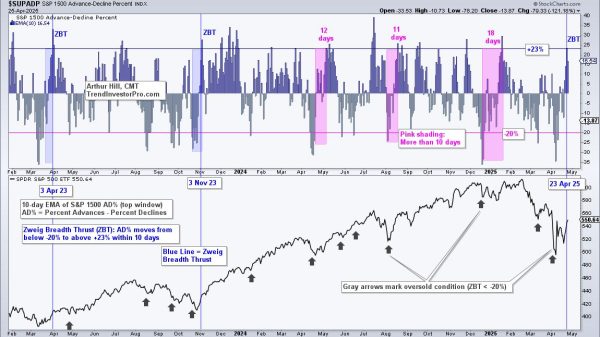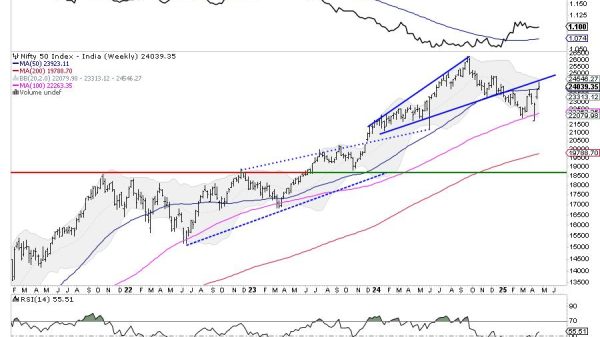The WTI crude oil futures contract is a popular way for investors to trade oil prices, and it is one of the most traded futures oil contracts, but what is it?
What is WTI crude oil?
WTI stands for West Texas Intermediate. As its name suggests, WTI it is produced in the US, from oilfields in Louisiana, North Dakota and Texas. However, it is defined as crude oil delivered at Cushing, Oklahoma, a major oil hub in the US.
It is a light and sweet oil, making it a popular choice for refining into gasoline and other light products.
The WTI crude oil futures market
The first WTI crude oil futures contract was in 1983, and the WTI futures contract is now traded on the New York Mercantile Exchange (NYMEX).
WTI crude oil futures contracts are traded in standardised quantities of 1,000 barrels. The price changes in increments of $0.01 per barrel, and each tick represents a value of $10.
What affects the price of WTI crude oil?
The price of WTI crude oil futures is influenced by a variety of factors, including supply and demand, economic conditions, and political events.
The oil production of other countries, for example members of The Organization of the Petroleum Exporting Countries (OPEC), can change the global balance of supply and demand, which in turn affects the price of WTI crude.
Also, because WTI crude is priced in US dollars, the Federal Reserve’s monetary policy decisions can also affect the price of WTI crude oil. For example, if the Federal Reserve raises interest rates, the US dollar may strengthen, making WTI crude oil more expensive for buyers who use other currencies.
Other factors that affect WTI crude prices include international turbulence such as war, embargoes, natural disasters and extraordinary events. One such example was in 2020, when the COVID-19 pandemic and resulting global oil surplus caused WTI crude oil futures to briefly enter negative territory for the first time.
What is the difference between WTI and Brent crude?
WTI and ,Brent crude oil futures are two of the most traded crude oil contracts in the world, but there are a few differences between them.
The WTI futures contract is traded on the New York Mercantile Exchange (NYMEX), whereas the Brent crude futures contract is traded on the Intercontinental Exchange (ICE).
WTI is produced primarily in the United States, and so is more relevant to the US market, whereas Brent tends to be more widely used as a global benchmark.
WTI is a lighter crude oil than Brent, with a lower viscosity. It is sometimes known as ‘sweet crude’ because its lower viscosity makes it easier to refine. ,Brent crude, on the other hand, has a higher sulphur content, which makes it more difficult to refine.
Trading WTI crude oil futures
WTI crude oil futures are traded by oil producers and oil refiners as a way of hedging against the risk of falling oil prices on the futures market. Investors and traders also use WTI crude oil futures as a way to speculate on the price of oil.
WTI crude oil futures can be traded via a variety of different instruments, but a popular choice is by Contracts for Difference (CFDs). These have the advantage of enabling trading on margin, which allows increased exposure with lower capital.






















